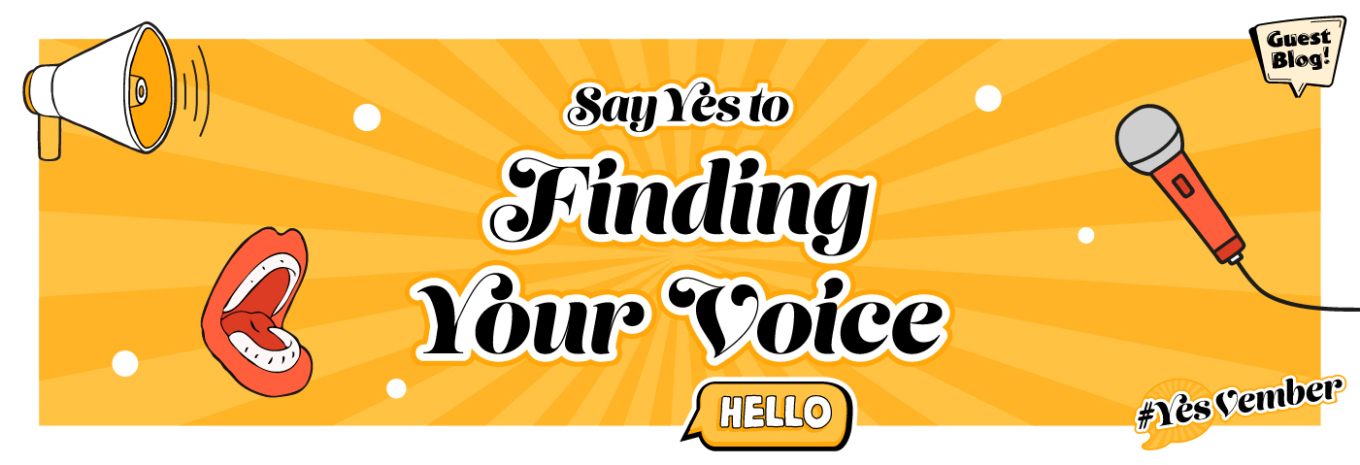A couple of years ago I invited Shauna Macdonald, a friend and actor, to deliver a training session to my teammates. The session was called ‘Find your voice’.
Even though I am a communications professional, in the past I have been worried about my voice. I’ve lived in many places over my life, so my eclectic accent is often remarked upon, whilst the person asking attempts to place my roots. In the past, the dreaded “where are YOU from?” question would make me cringe instantly and I’d normally start apologising for myself. Another reason to have the dreaded imposter syndrome, the fear of not fitting in and not belonging.
Shauna taught us excellent public speaking methods, taken from her personal experience of being a successful actor. The techniques she taught us were far from the norm for this type of training, but importantly, she also asked the team to examine our internal vulnerabilities.
What lessons did I learn?
I have learnt that my voice, my personality and what I choose to say is very much part of enjoying and delivering a decent presentation. For you, it might not be about your actual voice, but perhaps about owning what you wish to say.
- The best speakers are people who allow themselves to be vulnerable, which in turn opens them up to possibility. My favourite famous speaker is Brene Brown and comms peer is Jude Tipper. They both speak from the heart, excellent storytellers and are very open in their approach.
- Finding and using your true voice means your audience cannot help but connect with you.
- Don’t be afraid to show your personality when you present. Having confidence in who you are as a person, your local accent or local dialect should be encourage. dIt’s ok to be vulnerable. An audience isn’t going to enjoy a formal speaker who obviously just wants the presentation to be over.
- Smile when receive a question you don’t know the answer to. It’s completely fine to be honest and human whilst telling them you will find out the answer. Everyone loves an open smiling friendly face.
- Handle the tricky moments with poise and grace. Use your breath to regulate. Take the sip of water whilst you plan how to respond to something that challenges you. You are in control – it’s your presentation. It’s why you have been asked to speak.
- Be human and don’t be afraid to use humour and show your warmth.
Everyone is unique
Each one of us had our own personal reason as to why we feared public speaking or presenting. For me, it was that my accent was unusual and I was far from where I once came. This was on top of the usual imposter syndrome most of us feel at some point. Another was her broad local accent, which she felt should be more refined because of her seniority. One of the team was bullied severely whilst publicly speaking at school, a traumatic experience they found very hard to move on from. In short, we all had our own story for why we feared speaking, why we dreaded using our unique voices in public.
It is totally true that we need to be prepared when we speak publicly. Get the fundamentals right and you are half way there…
- We should absolutely rehearse as if we were on stage.
- Know what your objective is.
- Know how to pitch and pace your speech by learning a few tips from a professional.
- Finding your voice when presenting means it does not have to be a boring routine you have to get through. Not something you need to survive.
- You can learn to embrace your voice and your uniqueness when you are speaking. I promise you it will shine through.
So, if you dread or fear using your voice, whether that relates to public speaking or in other ways, I encourage you to also say yes to finding your voice this #YESvember.
“Today you are you, that is truer than true. There is no one alive who is youer than you.” Dr Suess.
By Leanne Hughes, Comms Specialist, NHS Lothian for Alive!
















